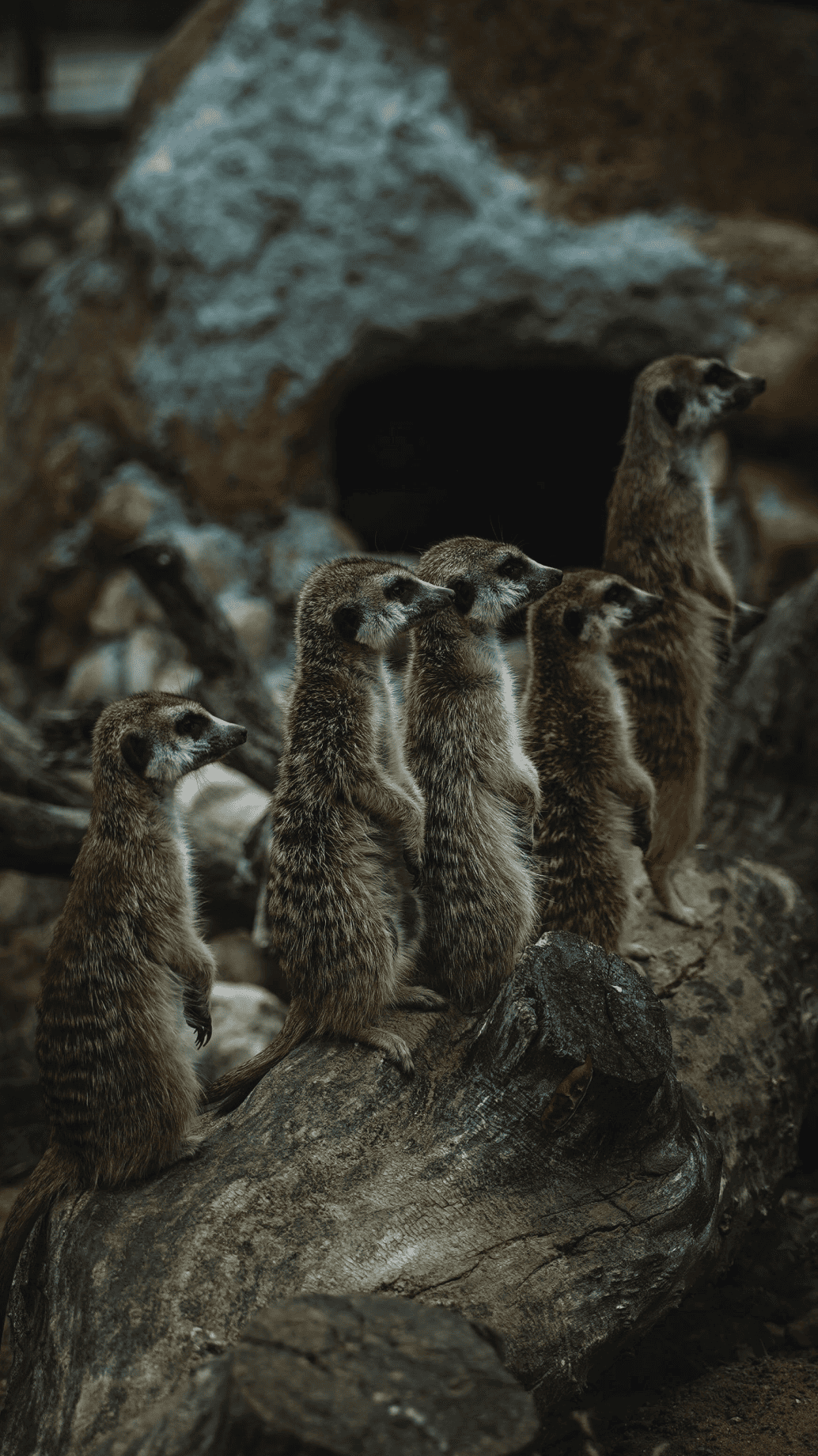
Zoos as Research Hubs: Contributing to Science and Conservation
Zoos are invaluable research centers, contributing essential data and insights that aid conservation efforts worldwide. Scientists and researchers in zoos study a wide range of topics, from animal behavior and reproductive biology to genetics and veterinary medicine. These studies have real-world applications, helping to improve both zoo-based animal care and wild population management. For example, understanding animal reproductive cycles allows zoos to develop more effective breeding programs for endangered species, ensuring genetic diversity and sustainability.
Zoos also play a key role in studying and preventing diseases that can affect wildlife populations. By monitoring health trends and investigating disease outbreaks, zoos contribute to global health initiatives, particularly concerning zoonotic diseases—those that can be transferred between animals and humans. Zoos collaborate with universities, wildlife organizations, and government agencies, sharing their findings to strengthen conservation science. Through these efforts, zoos not only protect animals in captivity but also provide data that is critical for safeguarding wild populations and ecosystems.